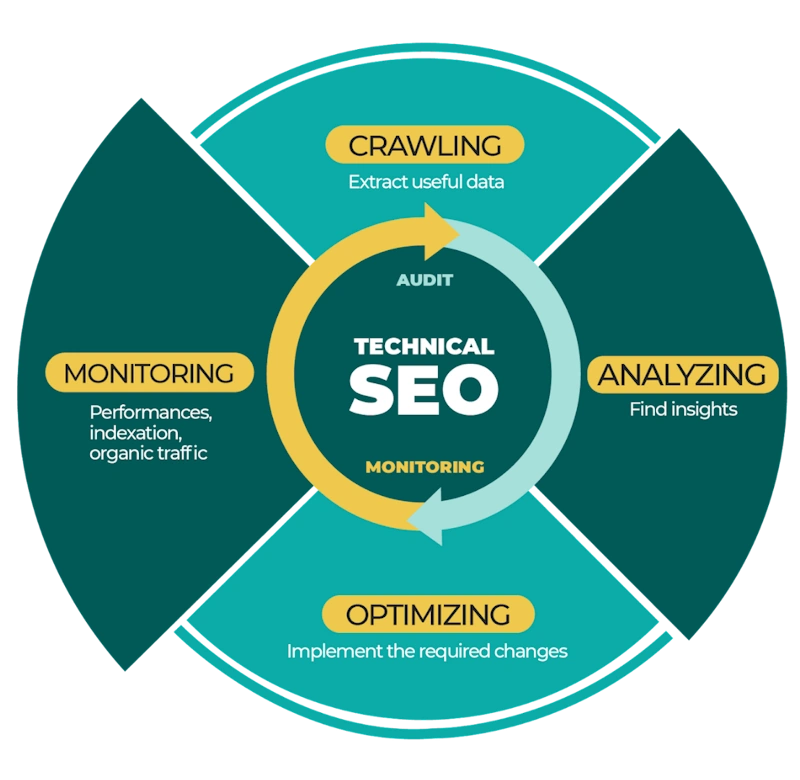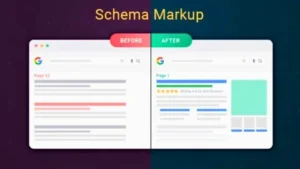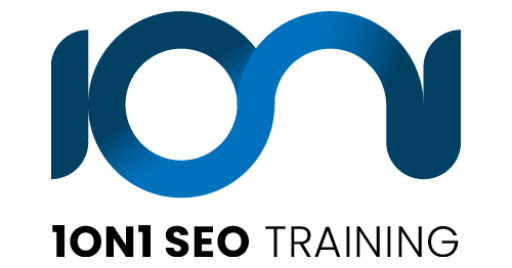SEO Specialist Training for Professionals
Are you looking for SEO specialist training?
1ON1 SEO Training offers premier SEO specialist training for professionals from all fields who wish to break into the stable and lucrative search engine optimization industry. Search engine optimization is a specialized field focusing on growing businesses through an inbound marketing channel that has matured for over two decades.
The global SEO industry grew exponentially during the pandemic for apparent reasons, and today, growth continues unabated in all markets. Finding a job as an SEO specialist is possible, but you have plenty of choices in the industry.
A high-paying job as an SEO specialist is now within reach with 1ON1 SEO Training’s custom mentoring courses and allied certification courses.
Reach for your dreams and renew your vision for the future by finding fulfilling and better-paying jobs in local and global SEO job markets. It all begins with establishing your knowledge of the pillars of SEO and its best practices.
Today’s SEO focuses on fulfilling customer needs and online habits and helping them along the customer journey. Search engine optimization does not exist in a vacuum and thrives when combined with other inbound marketing channels.
Much of your future success as an SEO specialist is understanding the relationship between optimization and actively marketing a business to people online.
The modern approach to search engine optimization considers customer trends, reading habits, behavior, and other essential aspects that contribute to the success of the digital marketing effort.
What Will You Learn in SEO Specialist Training?
How SEO Got Started
To effectively promote a firm in the present day, SEO is essential. Multinational businesses, mom-and-pop shops, and every kind of business in between daily utilize the power of SEO to communicate with more people and potential leads/customers than ever before. Understanding SEO’s origins and development reveals how far the field has come and provides pointers for approaching the topic in the future.
In writing, the term “SEO” appeared for the first time in 1997. As of this writing, the word appears to have been used for over 22 years.
Of course, that was long before the development of Google Search and other modern search engines. When we first started using search engines, including Yahoo, they essentially served the same purpose as physical directories. These weren’t online directories you may find today; instead, they were more like the printed guides tacked to the walls of a vast department store or shopping mall.
The Value of Google in the Era of the Internet of Things
Google Search is the most popular search engine because of the massive amount of data it makes available on any given topic. Because of its sophisticated indexing and searching capabilities, users can quickly and easily locate the information they need. One of the most common and efficient ways businesses reach their customers is through Google’s advertising platform, Google Ads. Google Ads levels the playing field for businesses of all sizes by providing advanced targeting options and a real-time bidding mechanism.
Google’s reputation rests on the quality and originality of its many offerings, such as Google Drive, YouTube, Google Maps, Google Music, etc. AI/ML and other state-of-the-art technologies have all benefited from its R&D work. As one of the world’s largest and most prominent corporations, Google significantly affects economies and cultures worldwide. Its policies and actions can have far-reaching consequences for areas as diverse as regulation, competition, privacy, and security.
The Fundamentals of Keyword Research
To conduct keyword research, one must first learn how people use search engines like Google to find information. Because it informs marketers and website owners what people are searching for, keyword research is an integral aspect of your education in SEO.
Finding relevant phrases and keywords likely to attract visitors is the primary objective of keyword research. Finding low-competition (but high-volume) keywords that can be used in website content and metadata to rank higher in search results is the goal of keyword research. Moz, Ahrefs, SEMrush, and Keyword Planner are tools that may be used to find valuable keywords.
It is possible to find good keywords to target by analyzing the terms for which competitors already rank. By deducing the user’s intent from their search query, you may zero down on the words and phrases most likely to result in a sale or spark interest. Search rankings and the ability to draw in niche-specific visitors benefit from focusing on longer, more particular words.
Technical SEO
To enhance a website's exposure in search engines and the quality of the user experience, we use technical SEO. Assuring that search engine spiders can readily access, crawl, and index a website's pages requires optimizing the website's underlying architecture, server configuration, and code.
Site architecture is arranging a website's content and structure in a way that is intuitive for visitors and crawlable by search engines.
Website performance refers to the time it takes for a page to load on a website and can be improved through various optimization techniques.
To provide a positive experience for visitors using mobile devices like smartphones and tablets, it is vital to ensure your website is mobile-friendly.
Both visitors and search engines can better understand websites' content and hierarchy if the URL structure has been optimized.
Technical SEO requires in-depth familiarity with server settings, programming languages, and website frameworks. Maintaining a website in peak condition demands constant attention and tweaking the existing code. Website owners and marketers can boost rankings in search engines, user satisfaction, and functionality by focusing on these technical details.


This process includes fixing technical problems affecting search engine rankings and user experiences, like 404 errors, duplicate content, and broken links.
An SEO audit is essential to identify these issues systematically.
On page SEO is critical for optimizing individual web pages to rank higher in search engines and generate more relevant traffic. Effective On page SEO involves optimizing title tags, meta descriptions, headers, and content to align with target keywords.
Comprehensive SEO: Balancing Technical, On-Page, and Link Building Elements
Optimizing a website for mobile use is crucial for search engine rankings and user satisfaction, as mobile devices now account for most website visits. To make your website mobile-friendly, you should employ responsive design and font-size optimization techniques as part of your Technical SEO strategy.
Our comprehensive training course also covers link building strategies that are essential for search engine optimization success. Link building refers to acquiring hyperlinks from other websites to your own, which helps engines understand that your content deserves to rank higher in search results.
Link building is one of the most challenging aspects of SEO but also one of the most rewarding. Through our course, you’ll learn effective link building techniques that focus on quality rather than quantity, helping you to improve SEO performance naturally.
On page SEO combined with quality Link building creates a powerful foundation to improve SEO results. Learn how these elements work together to enhance organic traffic in our specialized training course.
Conducting a thorough SEO audit regularly is vital to improve SEO efforts and identify opportunities for optimization. Our training teaches you how to perform a comprehensive SEO audit that examines all aspects of your website’s performance.
The most successful SEO professionals understand how to balance On page SEO, Technical SEO, and Link Building strategies to help websites consistently rank higher in competitive markets.
